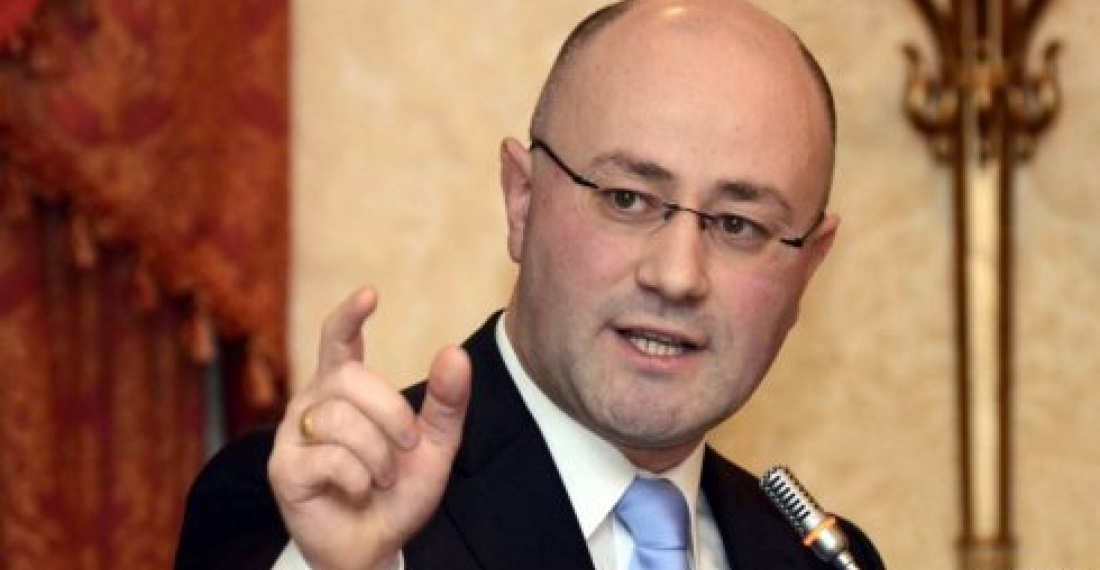Georgia has a new Defence Minister. Levan Izoria, who was the Deputy Head of the Georgian State Security Service was appointed to the post following the resignation of Tina Khidasheli. Ketevan Tsikhelashvili, Deputy State Minister for Reconciliation and Civic Equality, has been promoted as the State Minister, replacing Paata Zakareishvili.
Khidasheli and Zakareishvili represented the Republican Party in the coalition government led by the Georgian Dream, which has been in power in Georgia since 2012. The Republican Party was one of the coalition around Georgian Dream that unseated Mikheil Saakashvili's United National Movement, to win a landslide victory in the elections held in 2012. The Republicans will however be contesting the forthcoming October elections on their own.
Commonspace.eu political editor said that the appointments are not controversial and can be seen as part of a holding exercise pending the October elections, after which a more serious reshuffle of ministers is expected.
source commonspace.eu
photo: Levan Izoria (archive picture courtesy of Rferl.org)






